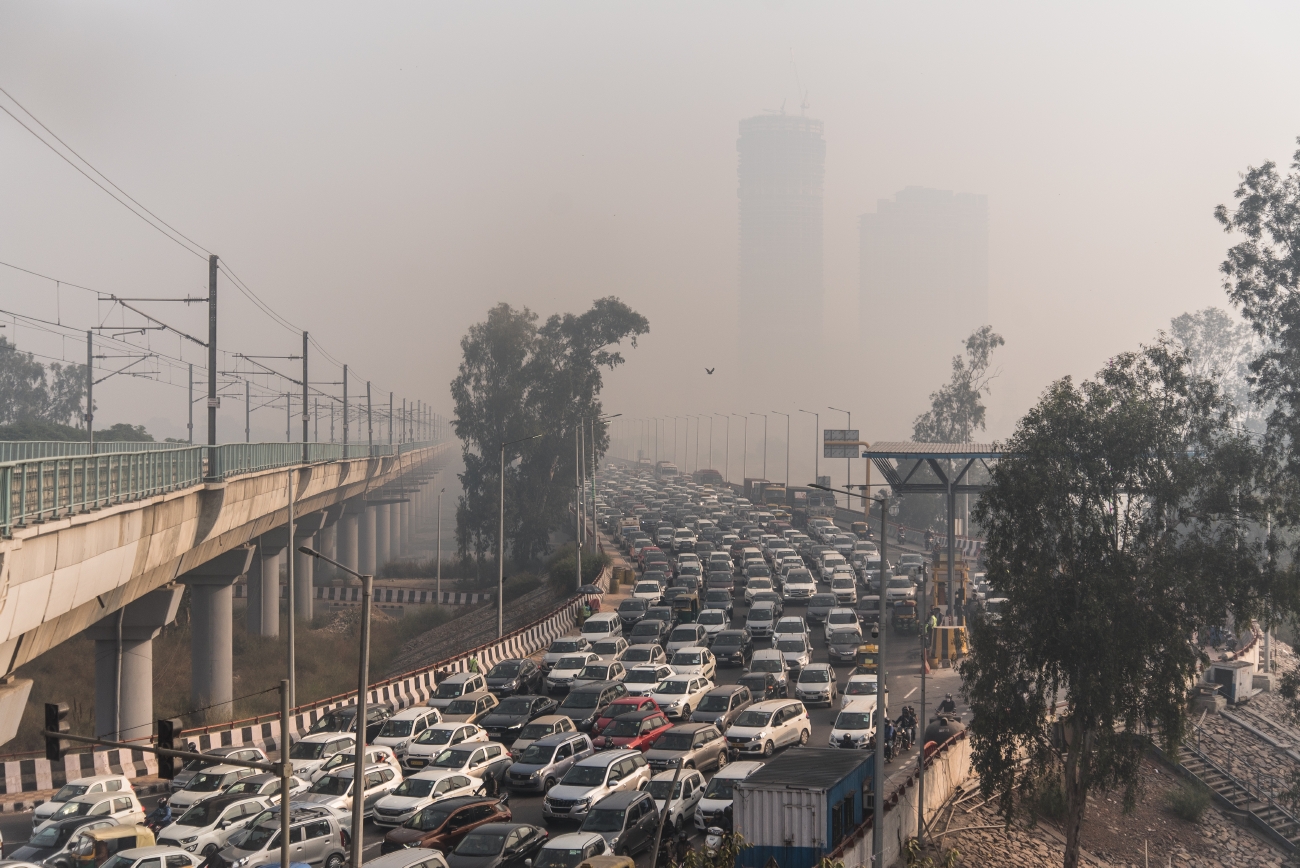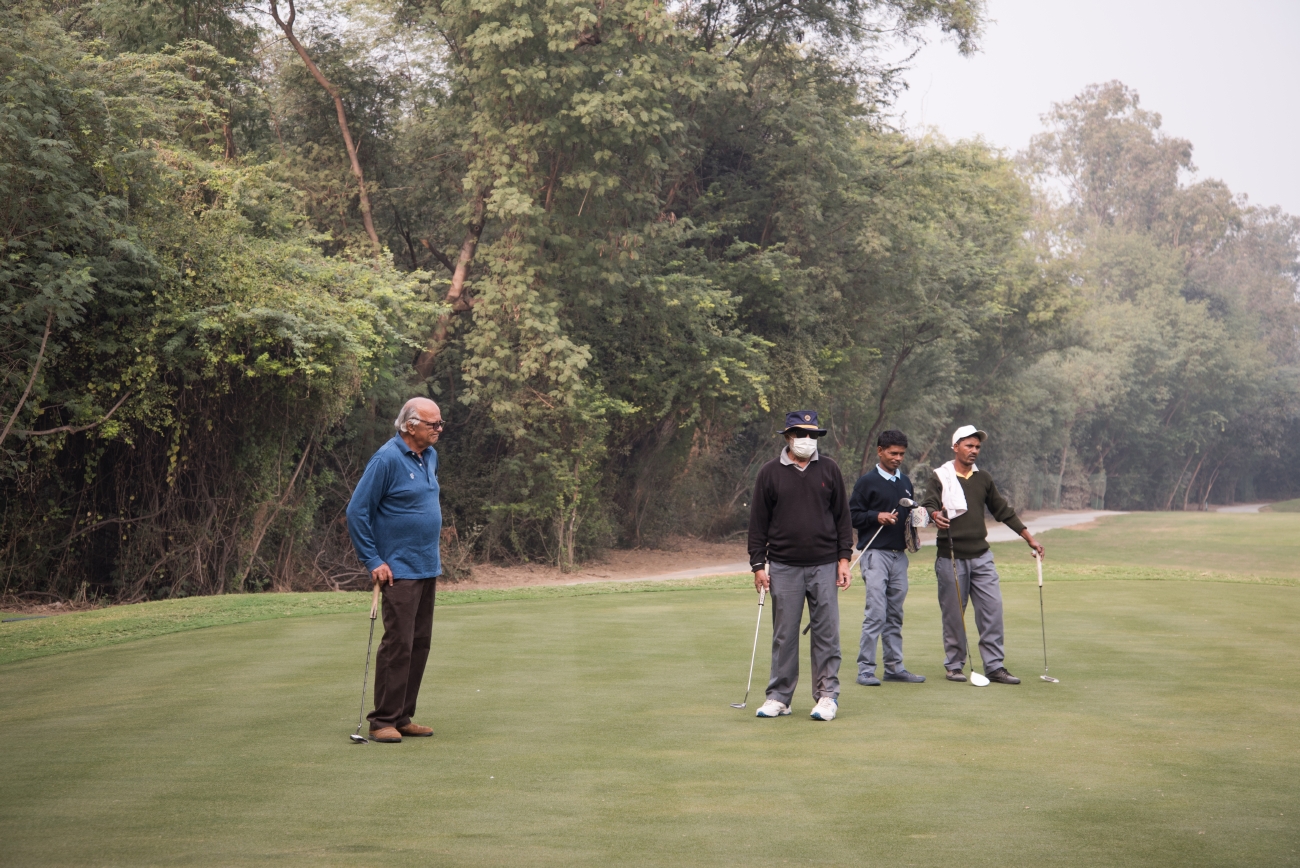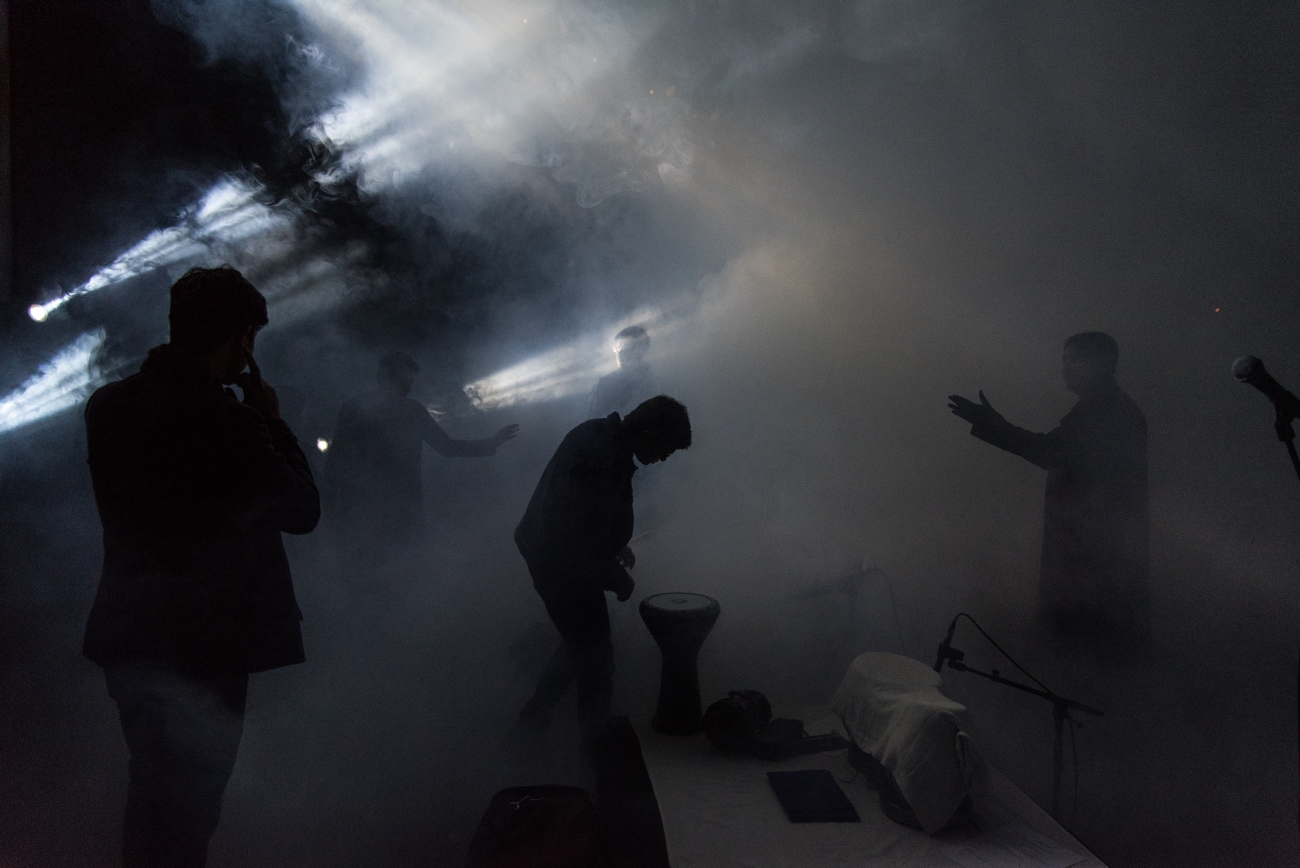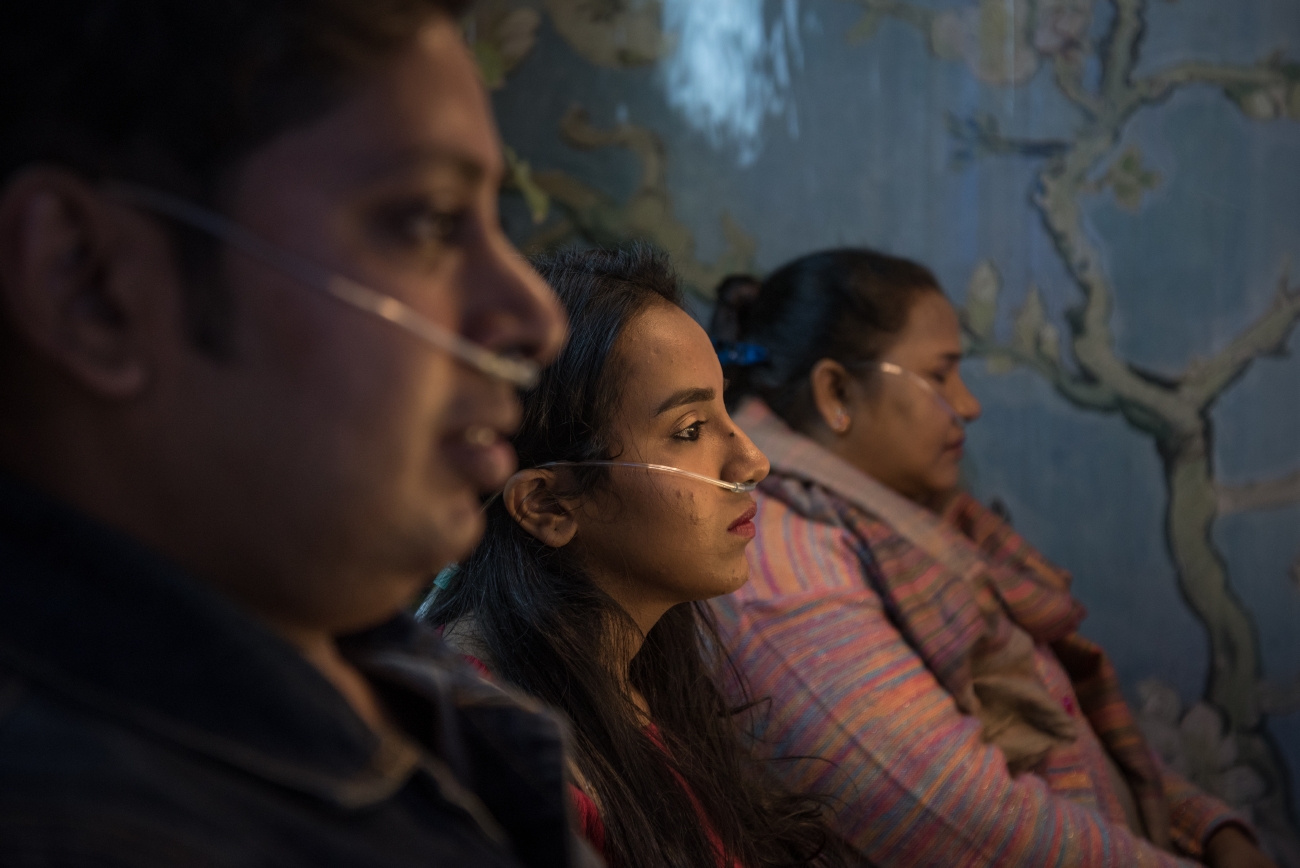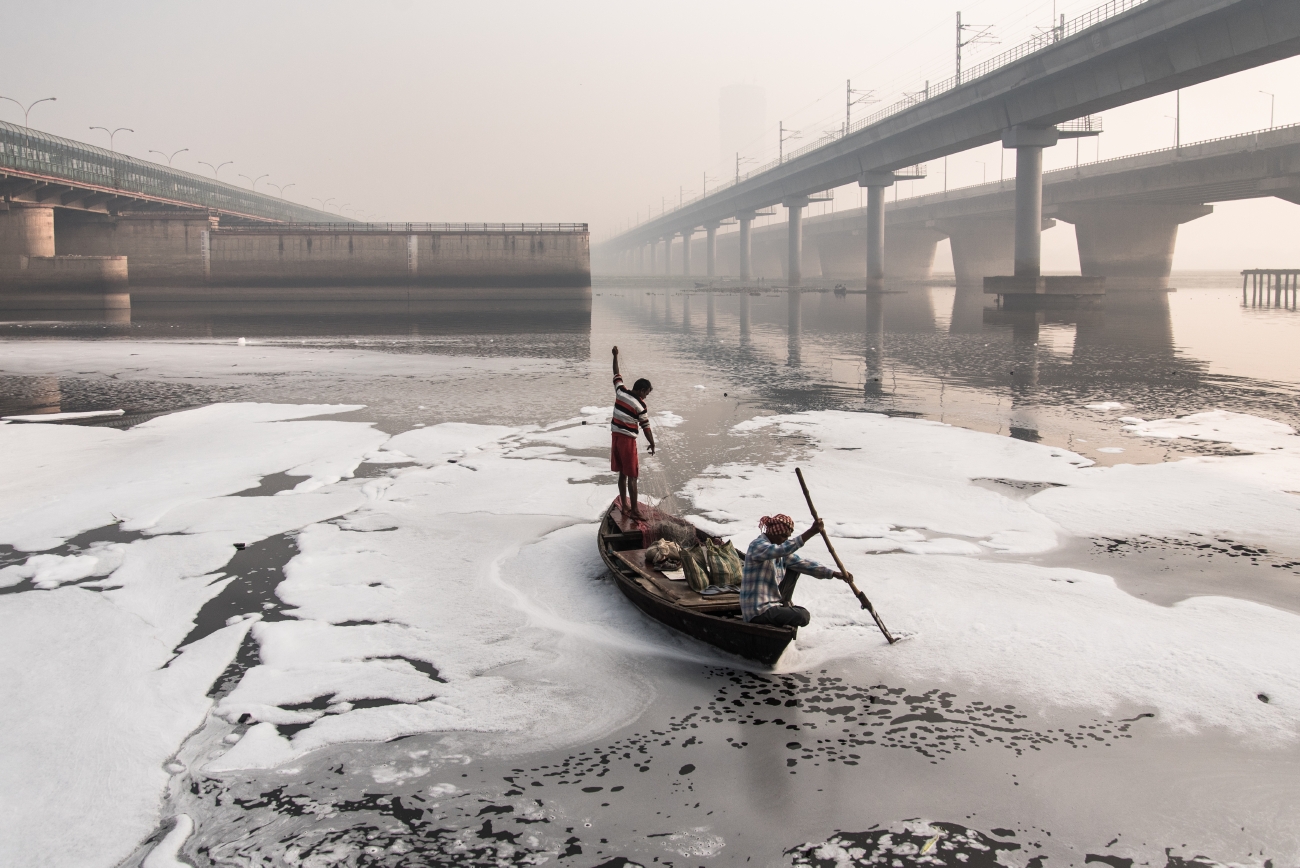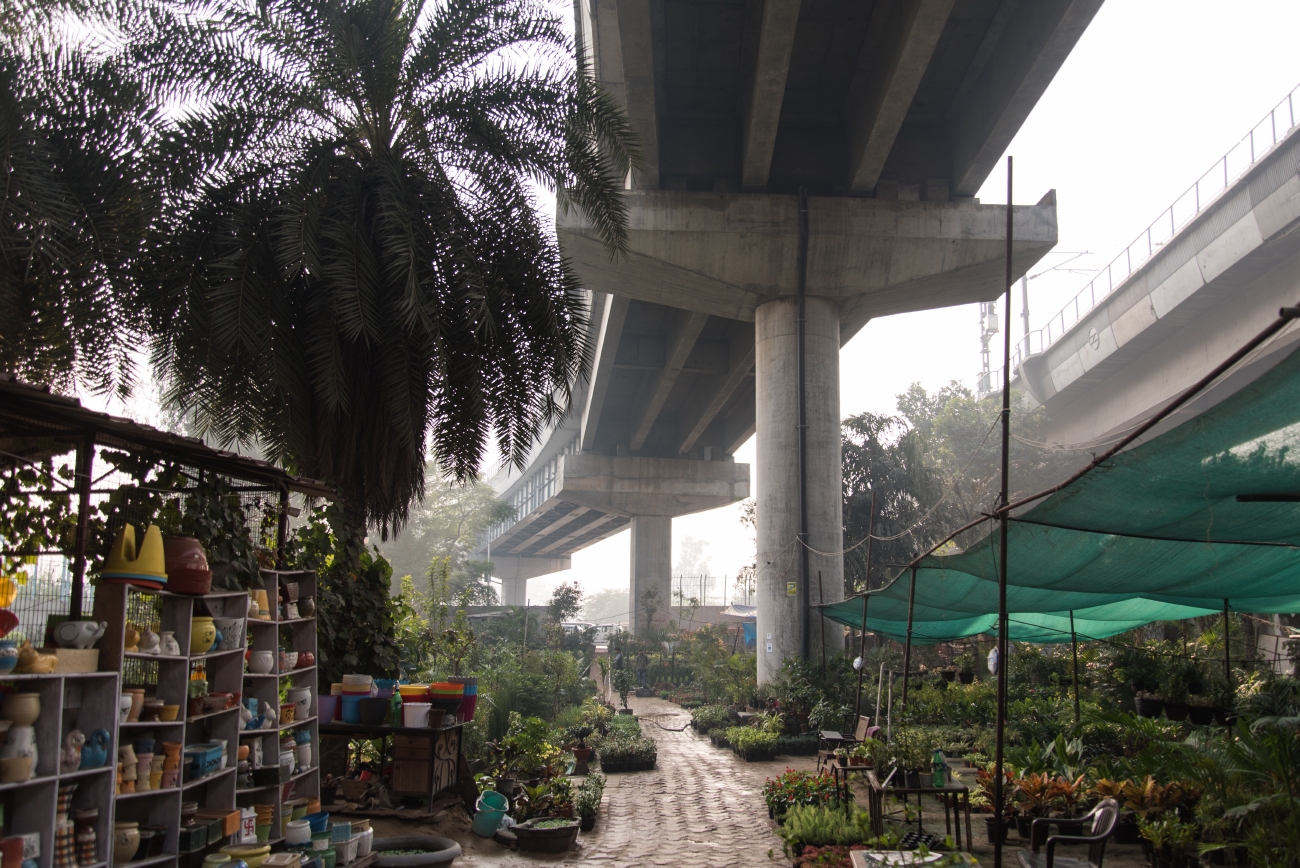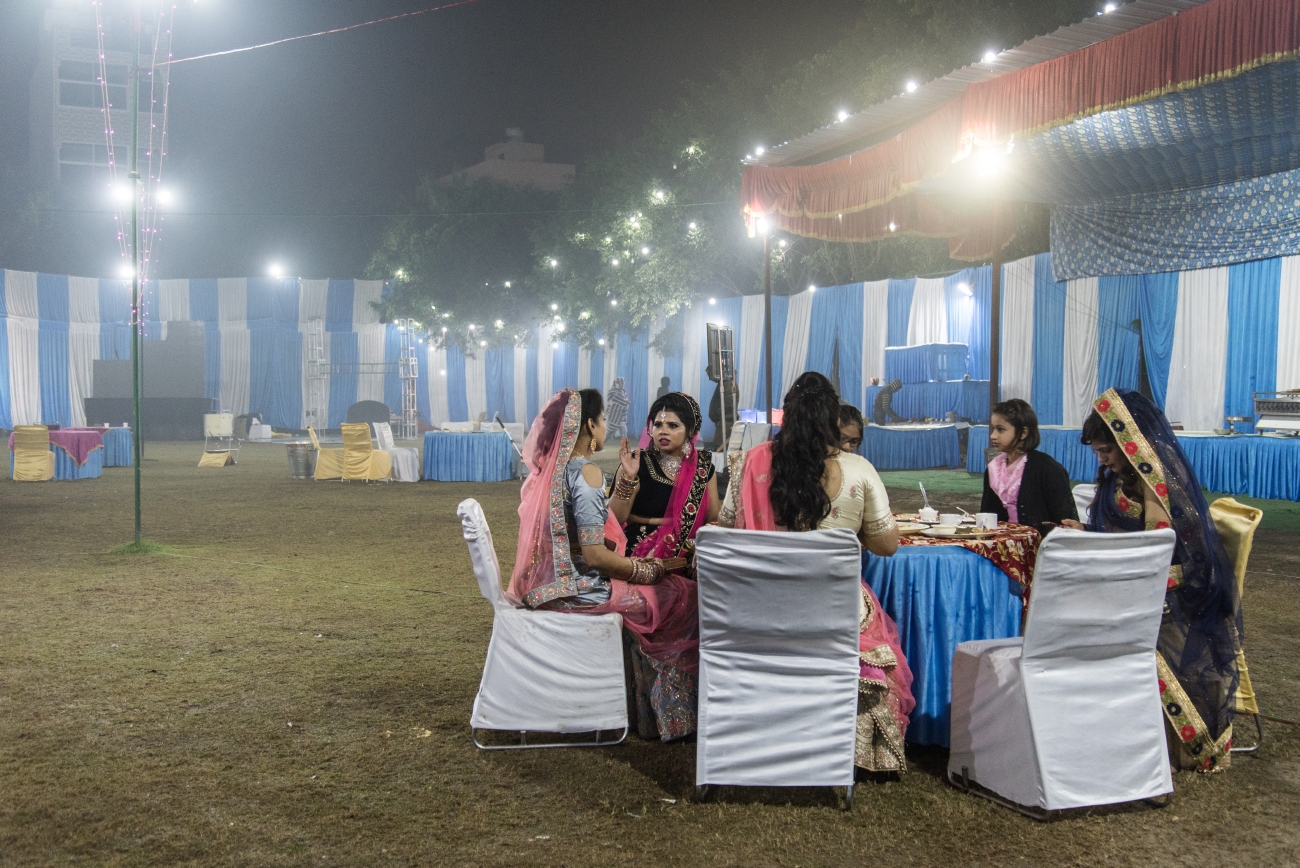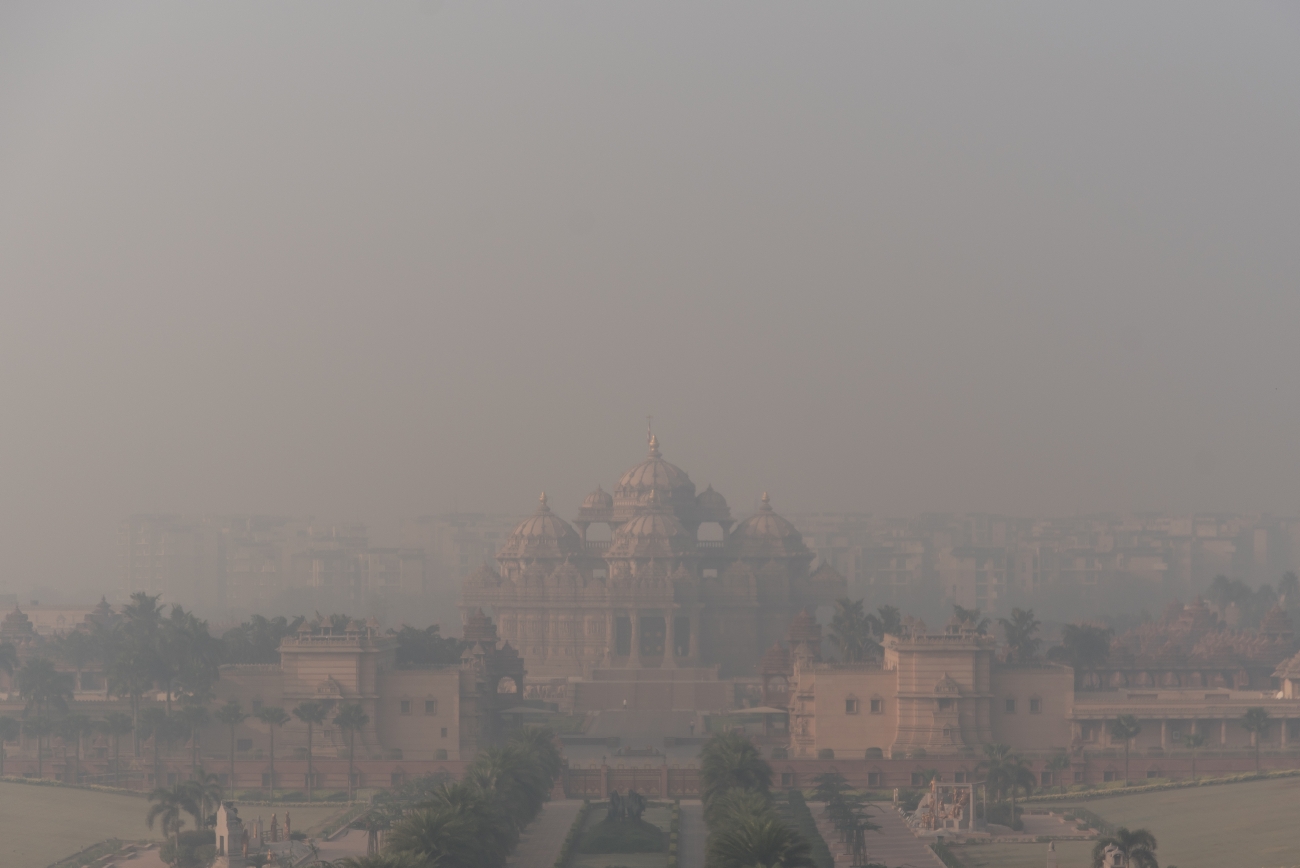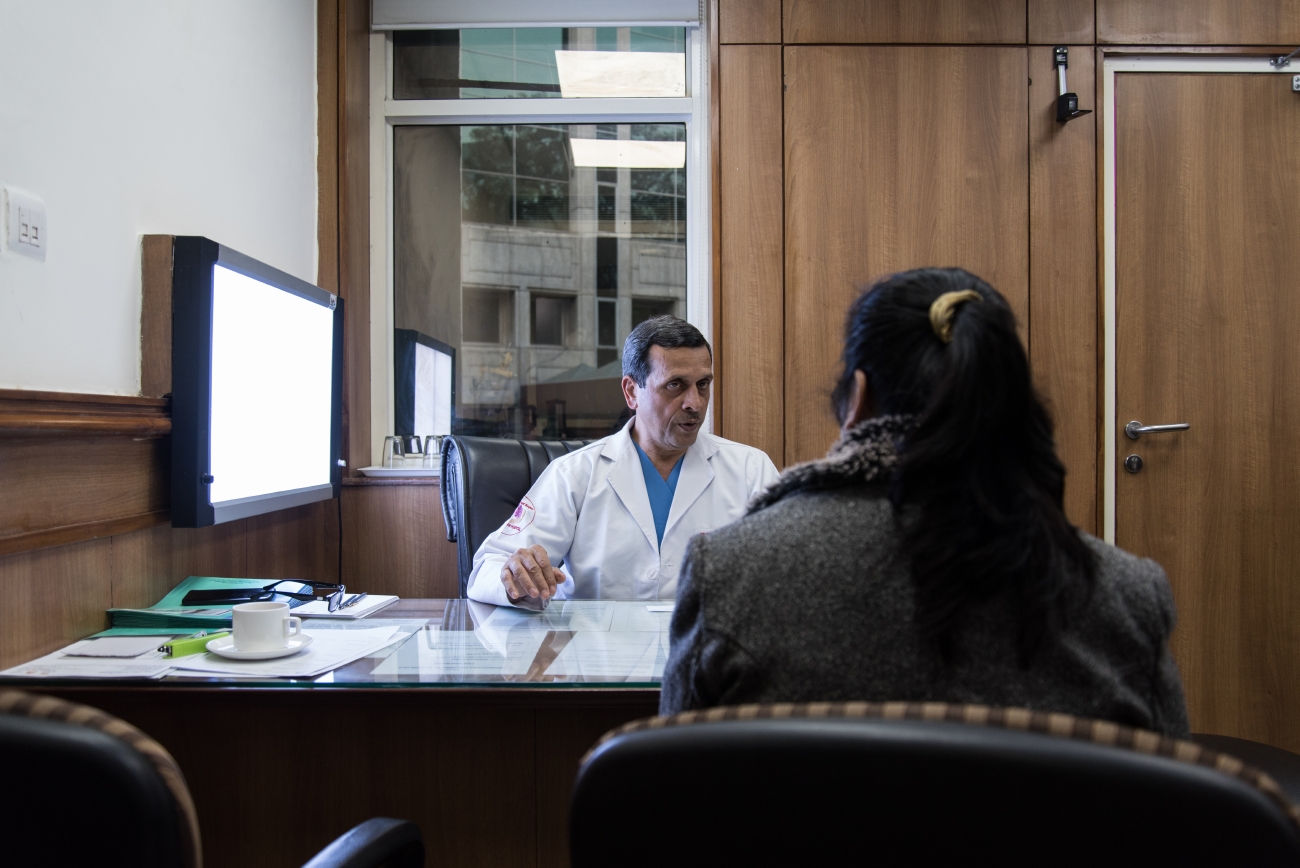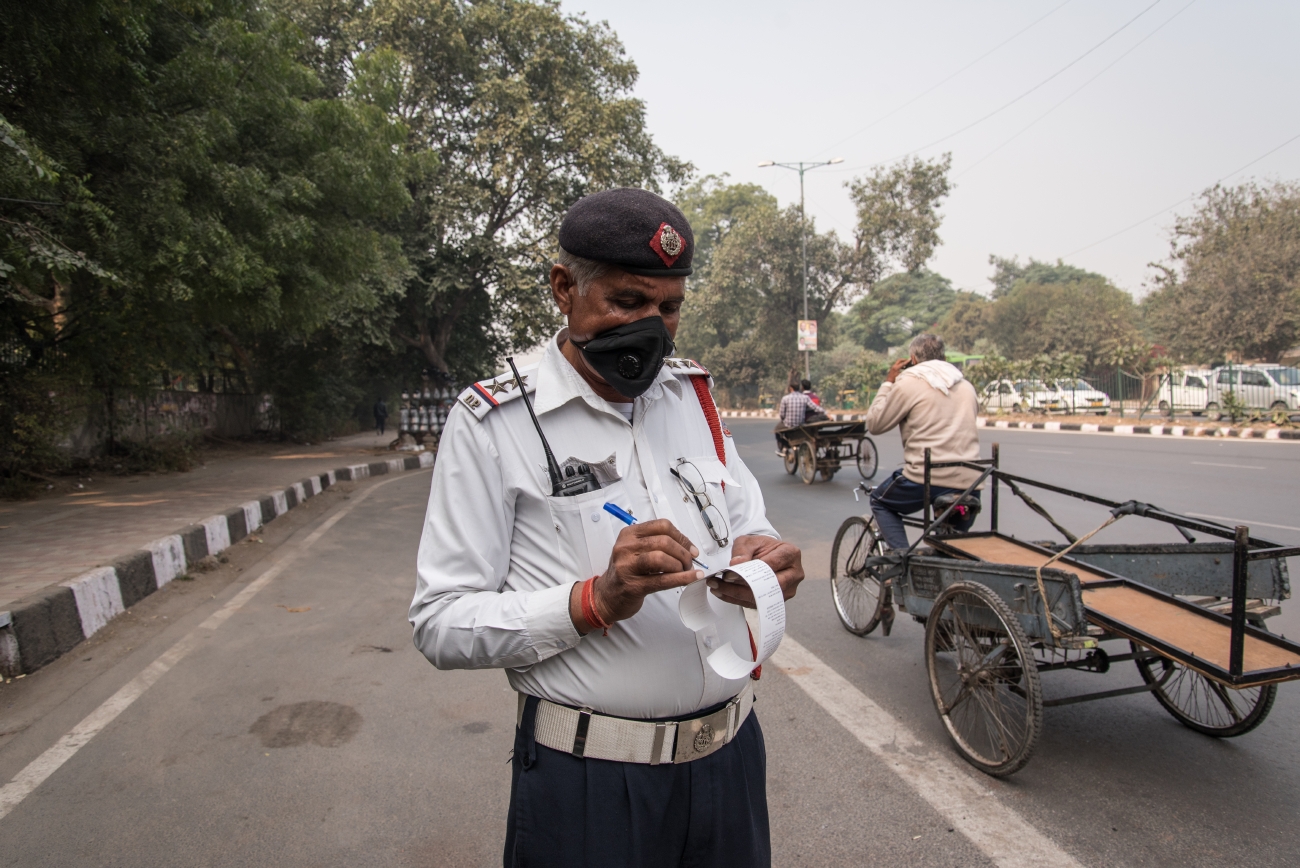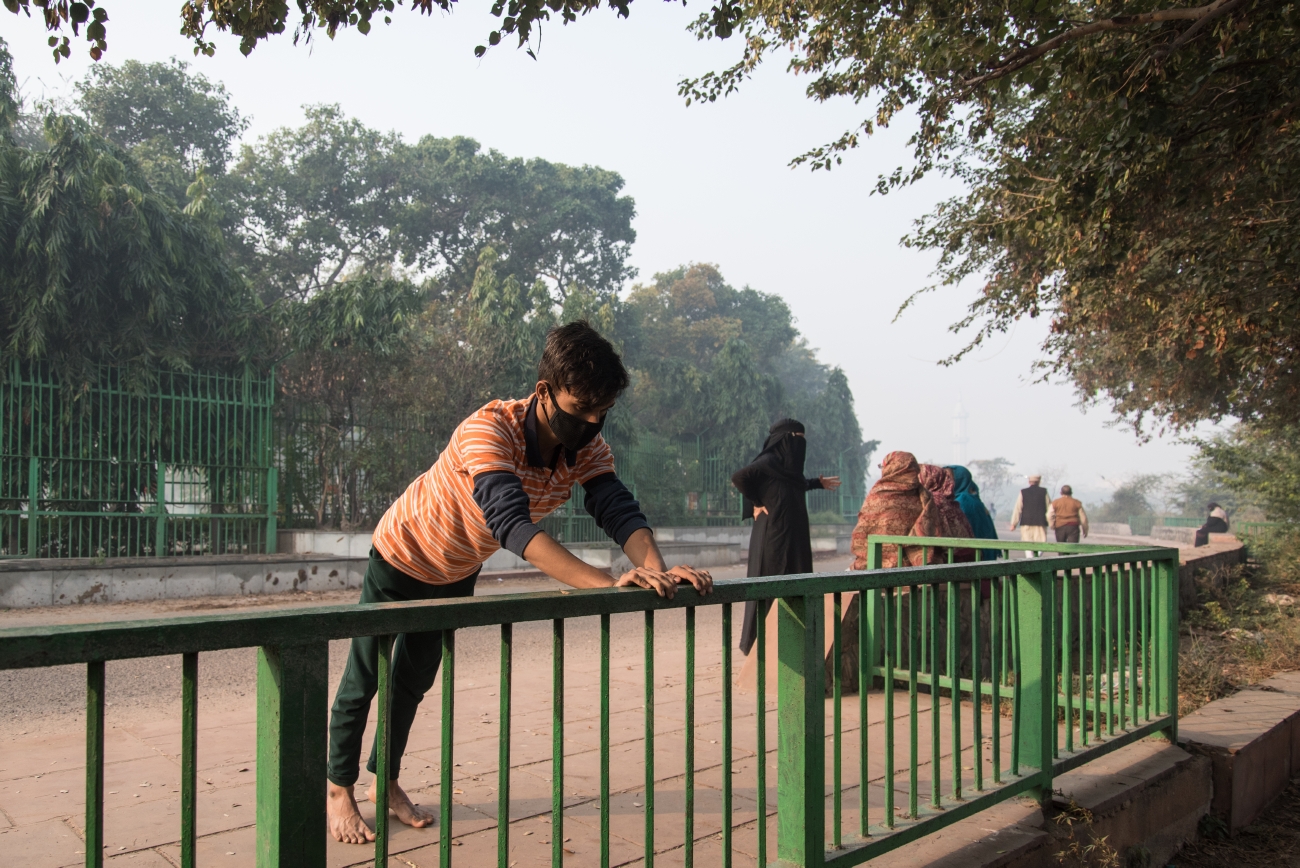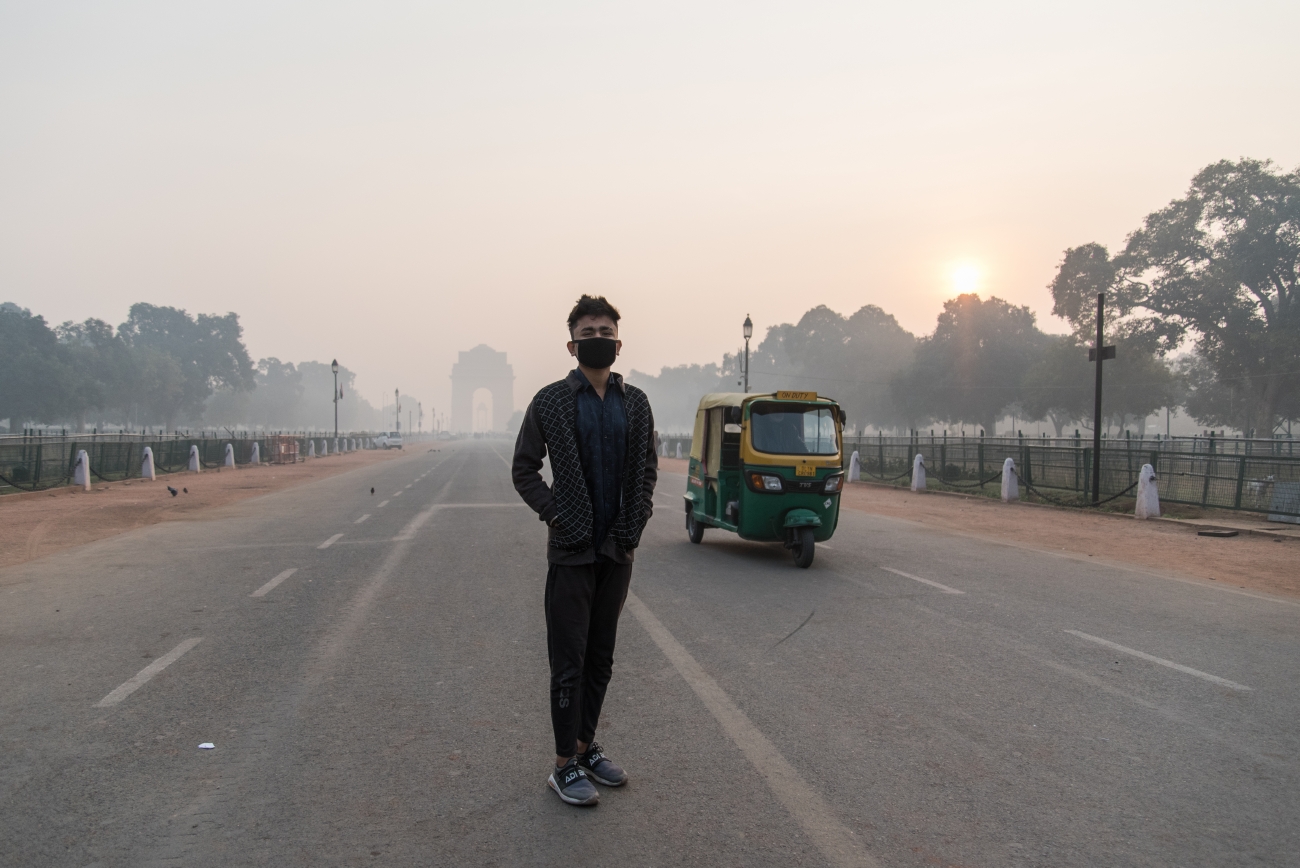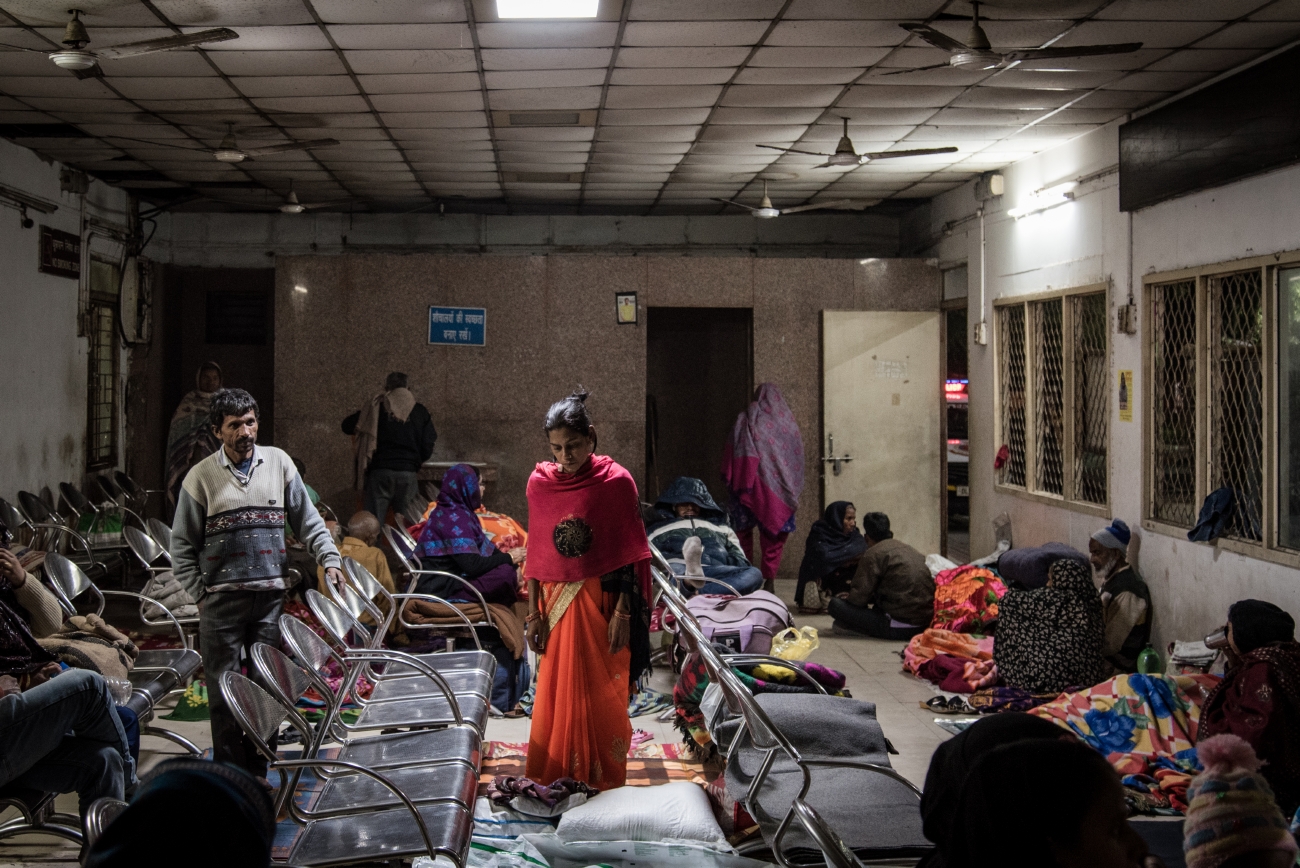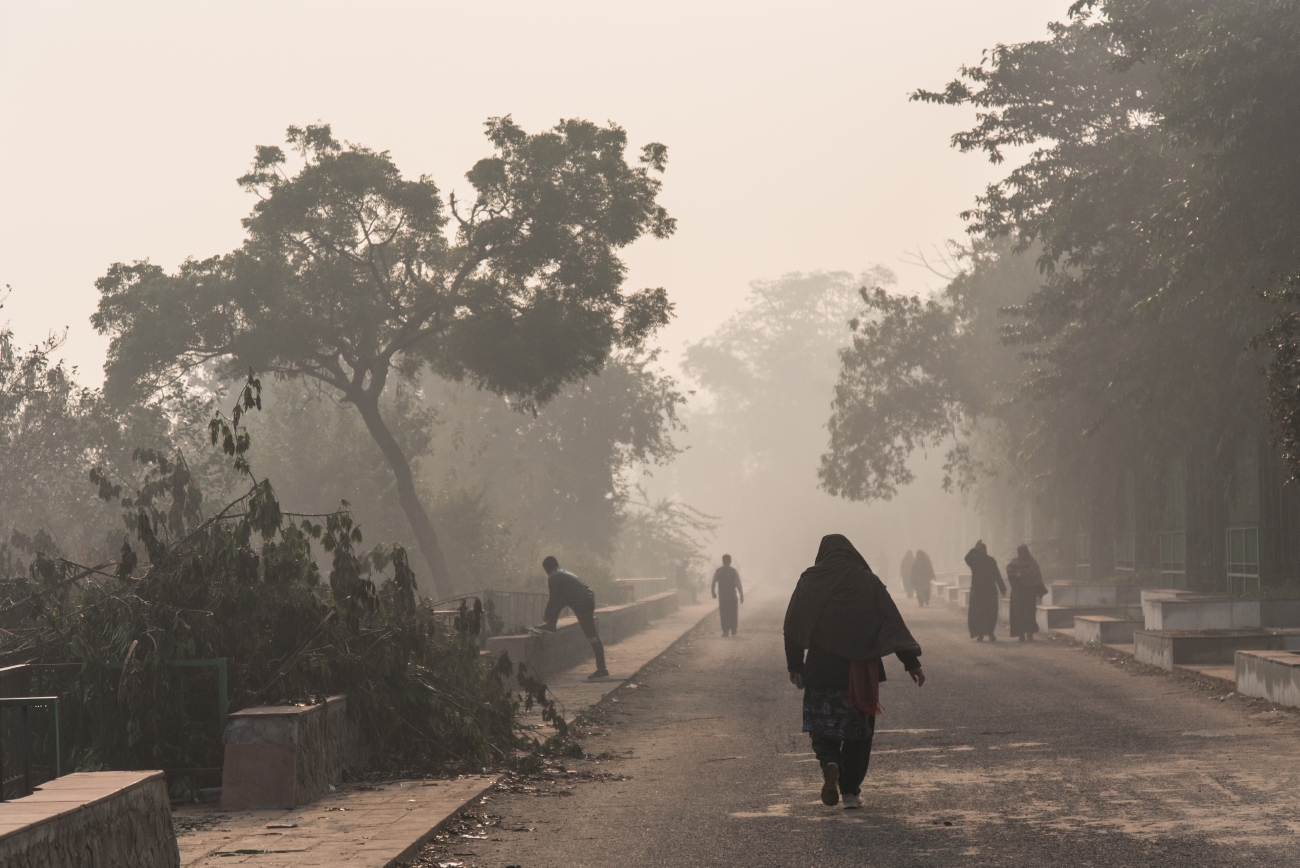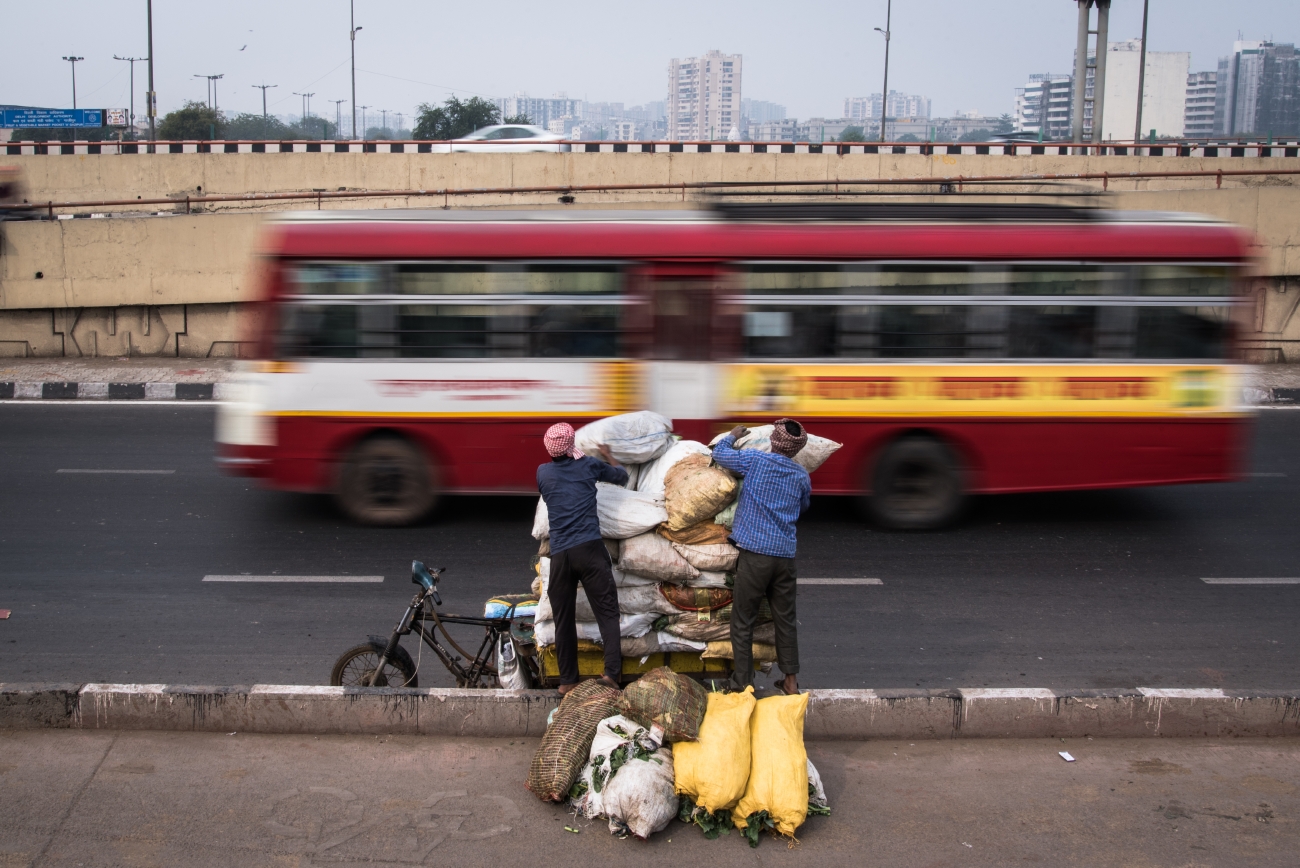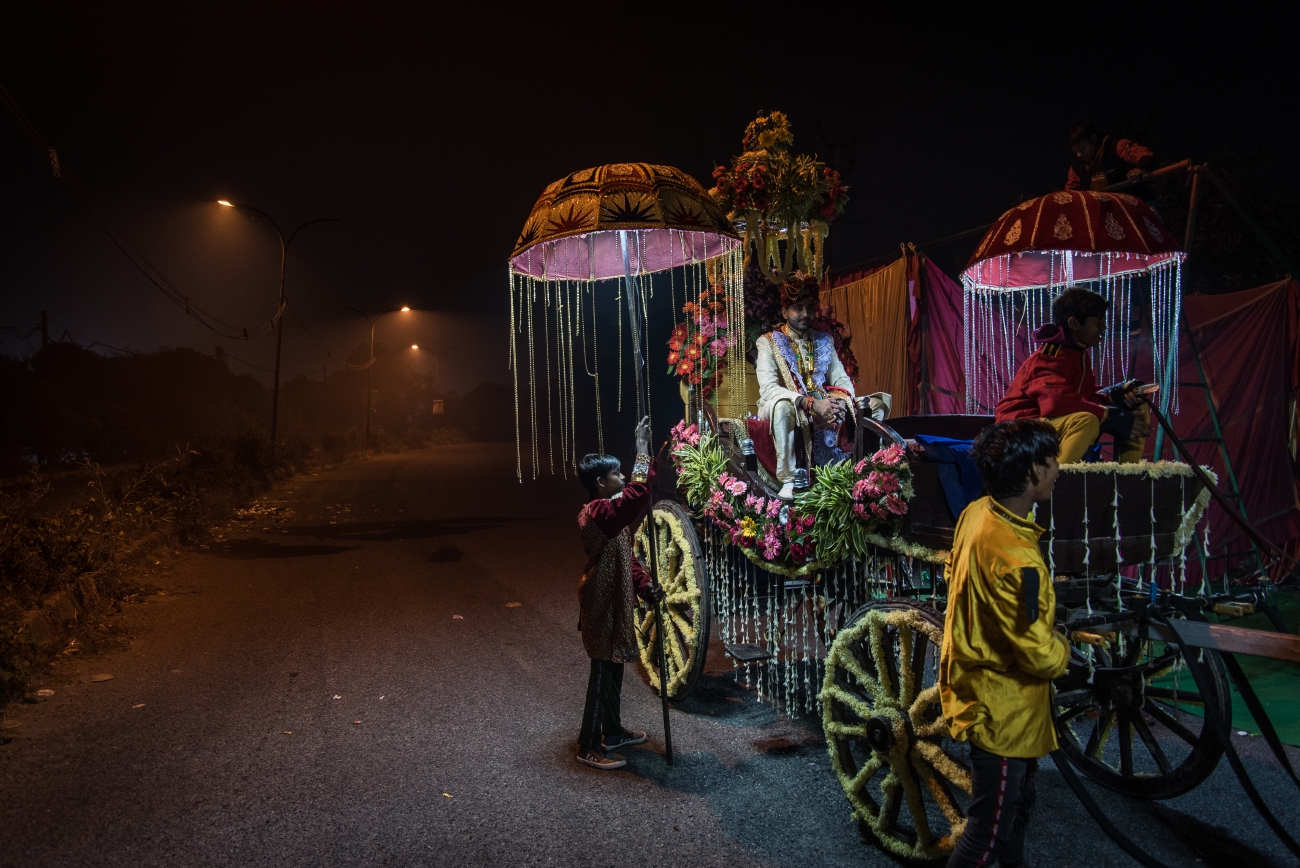Gas Chamber Delhi
The Indian capital is the world’s most polluted city. And the consequences are disastrous
Photo by Alessandro Gandolfi
New Delhi is the world’s most polluted city. A “gas chamber” of 25 million people, where, especially in the winter, smoke and smog create a toxic mantle from which it’s impossible to escape. The statistics are astonishing: while the WHO recommends that atmospheric particular matter should not exceed and average of 25 μg/m³ of PM2.5 each day, in Delhi the average is 250 μg/m³ and on some days this can rise to 400 or 600 μg/m³, and even to 800 μg/m³. Breathing Delhi’s air is equivalent to smoking two packets of cigarettes a day, and the consequences are devastating: it is estimated that every day in the Indian capital 30 thousand people die prematurely because of the city’s pollution.
How are Delhi’s residents trying to combat this emergency? With masks (but these have to be of the requisite quality), with purifiers (very expensive), with plants that emit oxygen also at night (but these aren’t enough), even a Pure Air bar has opened where customers can breath pure oxygen for 15 minutes at a cost of 400 rupees (around 5 euros). The problem is mainly a question of socio-economic class: the poor, who live more or less on the street and don’t use masks, are the most vulnerable. The political response has been largely to downplay the problem: for example, those who complain of a burning sensation in their throats are just advised to eat a lot of oranges and gargle with warm water.
(2019)
